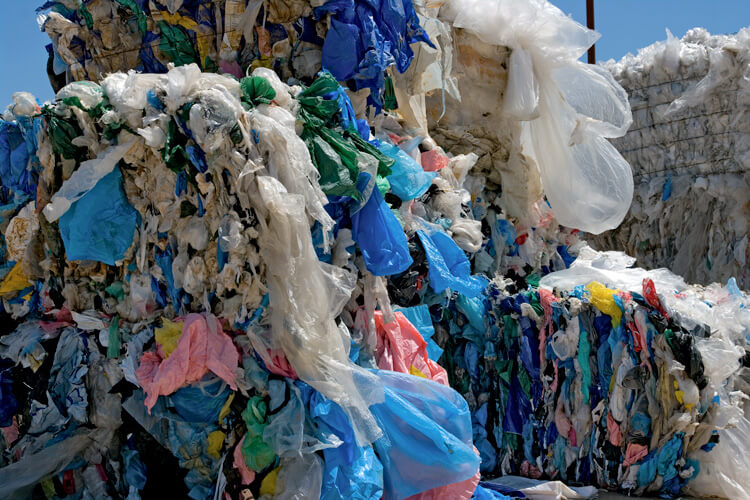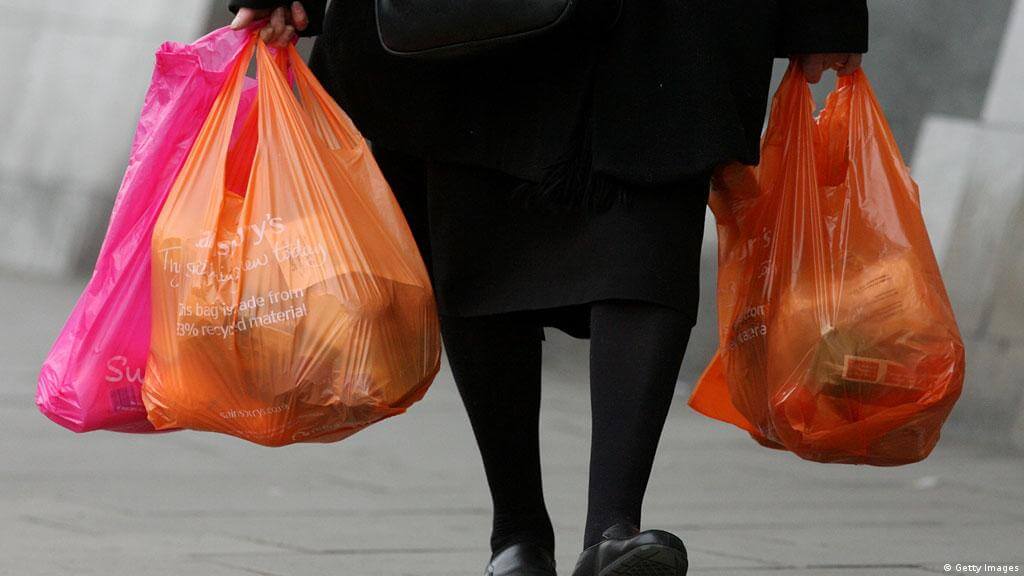Tanzania with effect from June 1, 2019 joined other countries across Africa and the world to ban the importation, exportation, manufacture, sale and use of plastic carrier bags. This was preceded by a national campaign to raise public awareness of the effects of environmental and marine pollution.
The campaign included the promotion and provision of economic and financial incentives for the production and importation of environmentally friendly alternative carrier bags. Many people, including manufacturers, showed they had complied with the Environment Management (Prohibition of Plastic Carrier Bags) Regulations, 2019. Regulation 5 in particular provides that: “All plastic carrier bags, regardless of their thickness are prohibited from being imported, exported, manufactured, sold, stored, supplied and used in Mainland Tanzania.”

As time passed by some traders driven by profit started reverting to the production and supply of illegal plastic carrier bags, which started entering the market again.
However, in July this year Vice-President, Dr Phillip Mpango, while opening a United Nations workshop on global reporting and assessment of the marine environment in Dar es Salaam, called on stakeholders to take necessary steps to protect oceans against plastic pollution, lest it overwhelms the oceans by 2050.
He showed the steps Tanzania had started taking, including banning plastic carrier bags, allotting 6.5 per cent of the Indian Ocean (territorial waters) for marine protected areas (MPAs), controlling blast fishing by 99 per cent and strengthening the surveillance and monitoring of deep sea fishing to protect marine environment and livelihoods.
All these steps are in line with Goal 14 of Sustainable Development Goals (SDGs): ‘Conserve and sustainably use the oceans, sea and marine resources for sustainable development’.
A few weeks back, the Minister of State in the Vice-President’s Office (Union and Environment), Dr Suleiman Jafo, accompanied by Dar es Salaam Regional Commissioner Amos Makalla and National Environment Management Council (NEMC), Dr Samuel Mafwenga, and other government officials, referring to the Vice-President’s statement on plastic carrier bags, reiterated an all-out fresh campaign against the importation, exportation, manufacturing, sale and use of plastic carrier bags and that legal action would be taken against any person who would be found with illegal plastic carrier bags.
Furthermore, he directed that whoever had illegal carrier plastic bags to surrender them within seven days to a task-force formed for the purpose at the district commissioner’s office or where he or she had taken them from. Following this fresh campaign, NEMC seized 41 tonnes of illegal carrier bags at a Dar es Salaam-based plant and its owner was fined Sh100 million to deter other traders involved in the production and supply of illegal plastic carrier bags.
Studies on environmental, air and marine resources pollution and its devastating effects on humans, aquatic organisms and biodiversity have been conducted in various parts of the world.
A new study in particular has found for the first time microplastics (pieces or fibres smaller than five millilitres, according to the US National Oceanic and Atmospheric Administration and European Chemical Agency) from beverage bottles, packaged food and plastic bags in 17 out of 22 human blood samples (about 77 per cent) from healthy study participants. Its findings were published in an article entitled “Discovery and quantification of plastic particle pollution in human blood” which appears in Environment International Journal (Volume 163) of March 2022.
Leslie et la (2022) suggest that “this study provides a unique dataset that supports the hypothesis that human exposure to plastic particles results in absorption of particles into the bloodstream” Furthermore, they argue that “at least some of the plastic particles humans come in contact with can be bioavailable and that the rate of elimination via…the biliary tract, kidney or transfer to and deposition in organs is slower than the rate of absorption into the blood”.
A year before another study, whose findings were published in October 2019, found various microplastics in human stool. Samples were collected from Europe and Asia to examine human faeces for the presence of microplastics. Nine types of microplastics were detected, with high concentrations of polypropylene (PP) and polyethylene terephthalate (PET). PP is commonly used for plastic packaging, plastic parts for machinery and equipment and even fibres and textiles. PET is used for packaging foodstuffs and beverages.
Another study published in October 2018 in partnership with the National Geographic Society found microplastics in birds and fish, including whales. Other studies have found microplastics in drinking water, beer, table salt and seafood. So, there is cogent scientific evidence to substantiate the presence of microplastics in aquatic life, in human bloodstream and in other biodiversity and this poses health risks.
It is against this background that there are global efforts to mitigate plastic pollution and Tanzania’s fresh crackdown on plastic carrier bags contributes to such global efforts and fits well within this famous phrase ‘think globally, act locally’.
We cannot globally mitigate plastic pollution effectively if we cannot locally stop the littering of plastic carrier bags that contribute to the problem. The most effective way of doing it is to stop the production, supply and use of plastic carrier bags as this breaks a plastic pollution chain. It is through this that we can effectively mitigate plastic pollution and potential health risks associated with it.
The author of this article is a seasoned journalist based in Dar es Salaam. For feedback reach him via tmagobe@gmail.com







